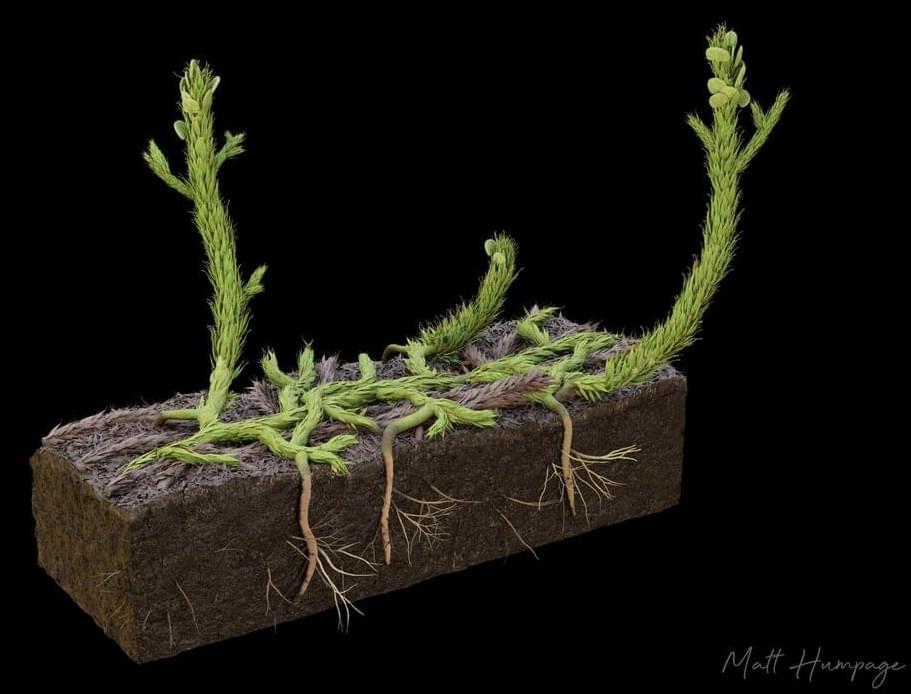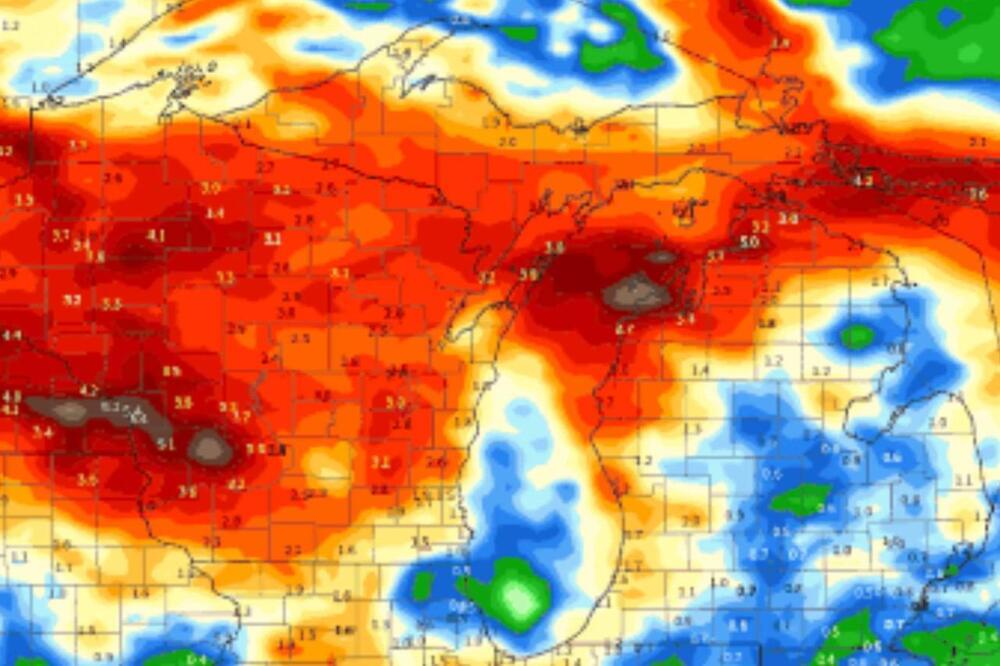New marque Automobili Estrema plans for its first model to reach 200 mph in less than 10 seconds and have a 325-mile range.
Automobili Estrema is a marque soon to become synonymous with extreme technology and performance in the hypercar stratosphere. Founded in 2020—a challenging year by any measure—the company is Italian through and through, though its team members and partners represent a global Who’s Who of leaders within the energy and automotive industries. Founder and CEO Gianfranco Pizzuto, an entrepreneur with an international business background, was the first investor and cofounder of Fisker Automotive in 2007. It was a bold venture into uncharted territory at a time when EVs were experiments and the first Tesla Roadster was still a year away. Now, as head of Automobili Estrema, he and his team have spent a year in virtual collaboration and accomplished what is nothing less than remarkable.






